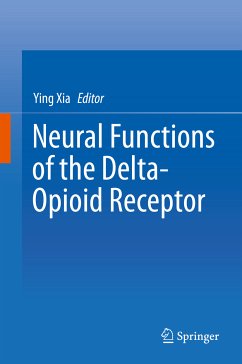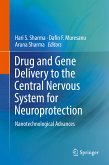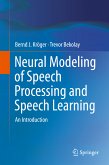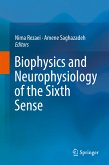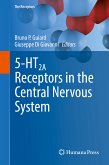This is the first book to summarize the progress of research on the delta opioid receptor (DOR) to date. This receptor, a member of the opioid receptor family, was not studied at all until the 1990s when some researchers began looking into the role that it plays in neuroprotection and other functions. Many scientists from a number of independent labs have now confirmed that DOR can provide neuroprotection from hypoxic/ischemic injuries. They have also found that it plays a role in physiological and pathophysiological events such as hypoxic encephalopathy, epilepsy, acupuncture, Parkinson's disease, etc. by regulating membrane proteins and balancing intracellular survival/death signals. The book provides a comprehensive overview of the current state of research and provide a blueprint for future directions.¿
Dieser Download kann aus rechtlichen Gründen nur mit Rechnungsadresse in A, B, BG, CY, CZ, D, DK, EW, E, FIN, F, GR, HR, H, IRL, I, LT, L, LR, M, NL, PL, P, R, S, SLO, SK ausgeliefert werden.

